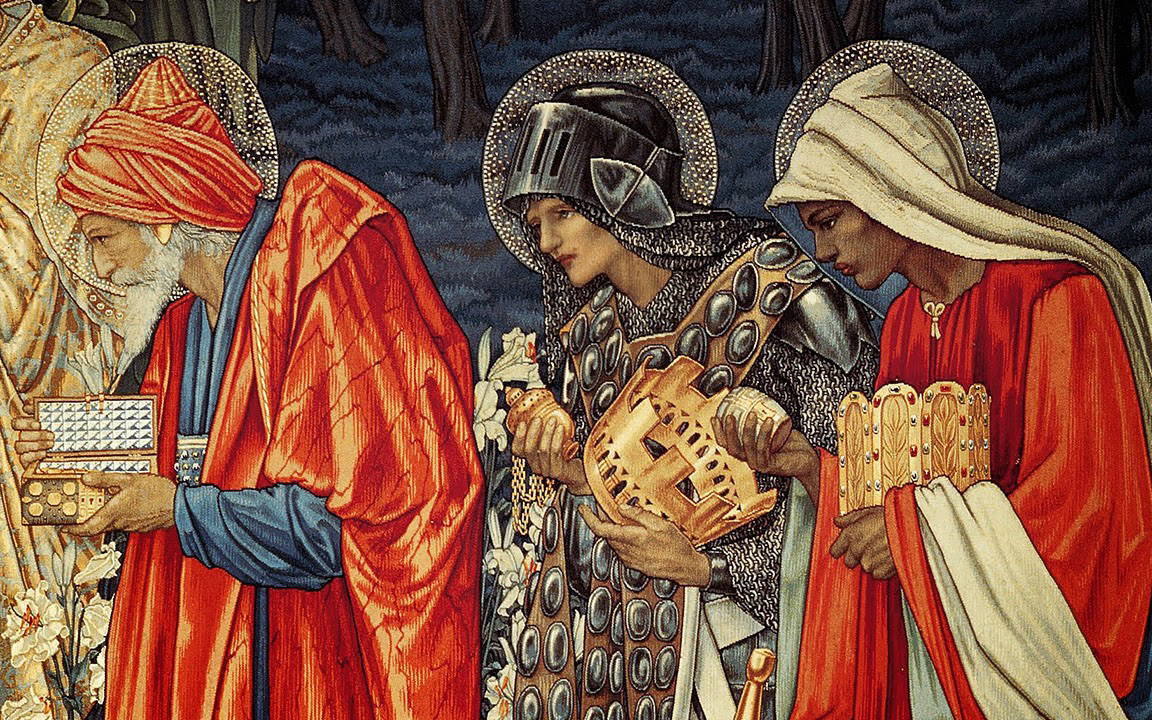If music be the food of love, play on, 
Give me excess of it; that, surfeiting,
The appetite may sicken, and so die.
That strain again – it had a dying fall.
O, it came o’er my ear, like the sweet sound
That breathes upon a bank of violets,
Stealing, and giving odour. Enough, no more,
‘Tis not so sweet now, as it was before.
O spirit of love, how quick and fresh art thou,
That, notwithstanding thy capacity
Receiveth as the sea, naught enters there,
Of what validity and pitch soe’er,
But falls into abatement, and low price,
Even in a minute; so full of shapes is fancy,
That it alone is high fantastical.
William Shakespeare
Christmas ends today. It is the twelfth day of Christmas – the traditional end of the season. Though in popular tradition, it is often confused with the Feast Day of the Epiphany, which is tomorrow, January 6, the day the Magi or the Three Wise Men visited the Christ Child, the day also varies according to religions and is a matter of contretemps in some countries.
Whatever the day, it is a perennially interesting component of the cultural festival of Christmas that has just been celebrated around the world, but which, as a religious Christian festival, and as a popular and traditional festival, does not really end until the last of the 12 Days of Christmas.
In accordance with a cultural study of this great festival, we revisit the poetic lines from Shakespeare, reproduced above. We discussed them a year ago, but rehearse them now for a number of reasons: their central link to a continuing study of this festival, and their direct link to the timing of the season and of Twelfth Night; their appropriateness as a poem for the time; and as another example of our attention to poems which are outstanding among the best known, most popular, but are most misunderstood/ misinterpreted.

